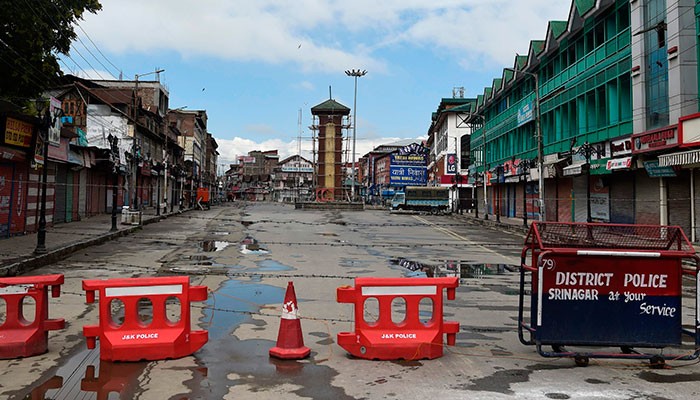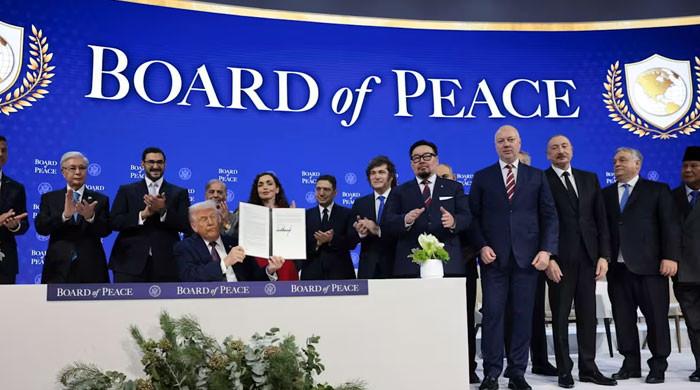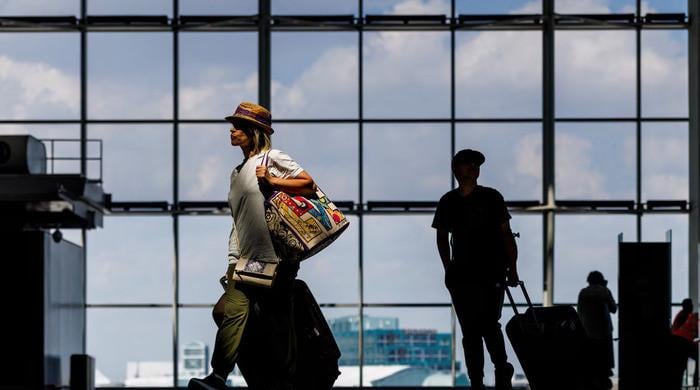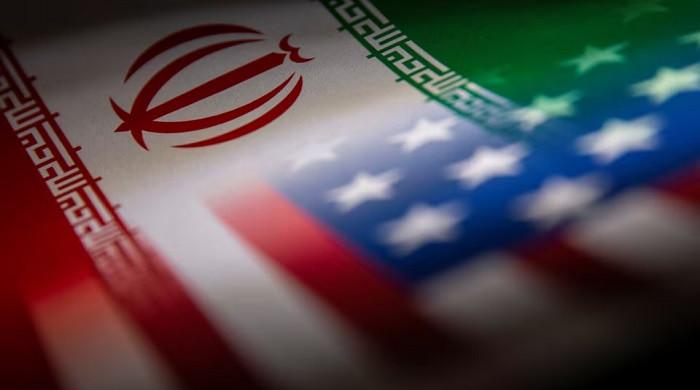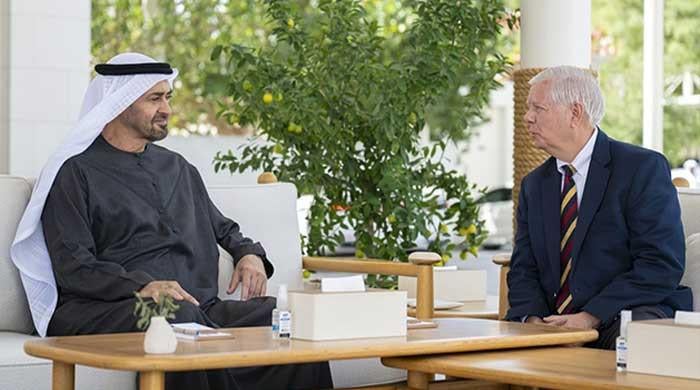Indian Nobel laureate Amartya Sen criticises decision on occupied Kashmir
I don't think ultimately you will have any resolution in Kashmir without democracy, says Amartya Sen
August 20, 2019
Indian Nobel laureate Amartya Sen has criticised his government's move to abolish Article 370 and said it not only emphasised majority rule "as opposed to it sustaining the rights of all human beings".
In an interview with NDTV, the 85-year-old economist said, “I don’t think ultimately you will have any resolution in Kashmir without democracy.”
“As an Indian, I am not proud of the fact that India, after having done so much to achieve a democratic norm in the world – where India was the first non-Western country to go for democracy – that we lose that reputation on the grounds of action that have been taken,” Sen said.
He added that it should have been up to Kashmiris to decide on the rights of land use in the state as it was their land and they have a legitimate point of view.
Criticising the government’s decision to arrest and detain the Kashmiri leadership, Sen said, “I don’t think you will ever have fairness and justice without hearing the voices of the leaders of the people and if you keep thousands of leaders under restraint and many of them in jail, including big leaders, who have led the country and formed governments in the past, you are stifling the channel of democracy that makes democracy a success.”
"That's the classic colonial excuse. That's how the British ran the country for 200 years,” Sen said. "The last thing that I expected when we got our independence... is that we would go back to our colonial heritage of preventive detentions."
Almost all Hurriyat leaders, including Syed Ali Gilani and Mirwaiz Umar Farooq, continue to remain under house arrest or in jails.
At least 4,000 people have also been detained under the Public Safety Act (PSA), which allows imprisonment for up to two years without charge or trial. Most of them have been flown out of the valley because prisons have run out of capacity.
